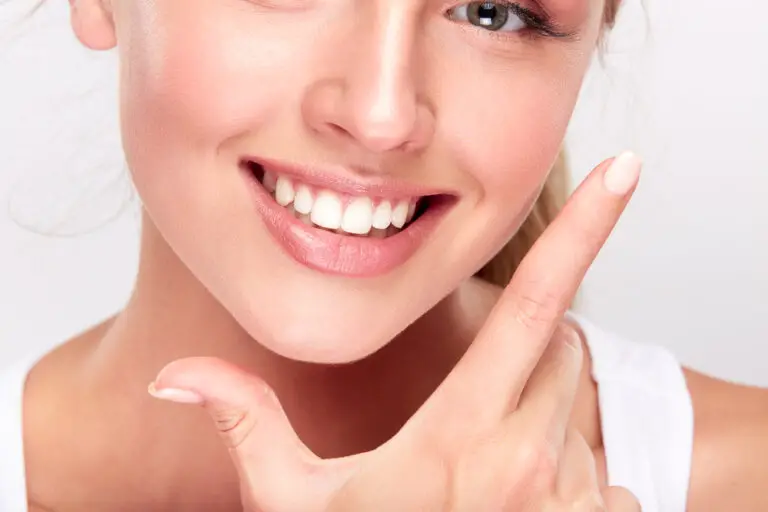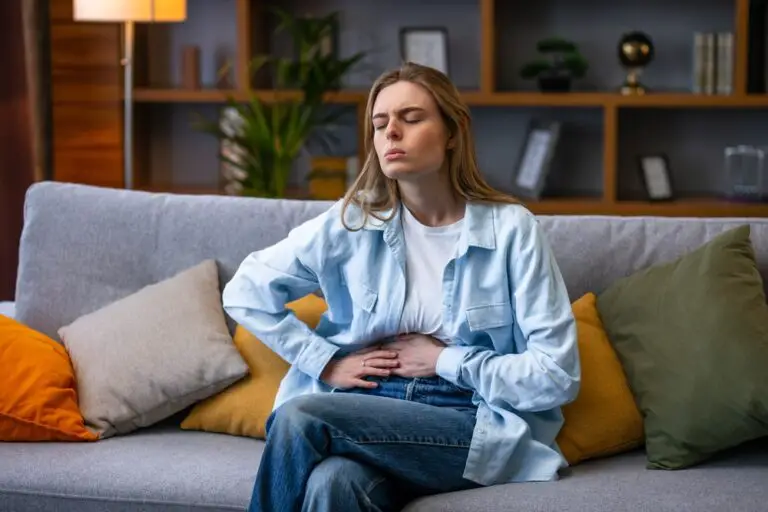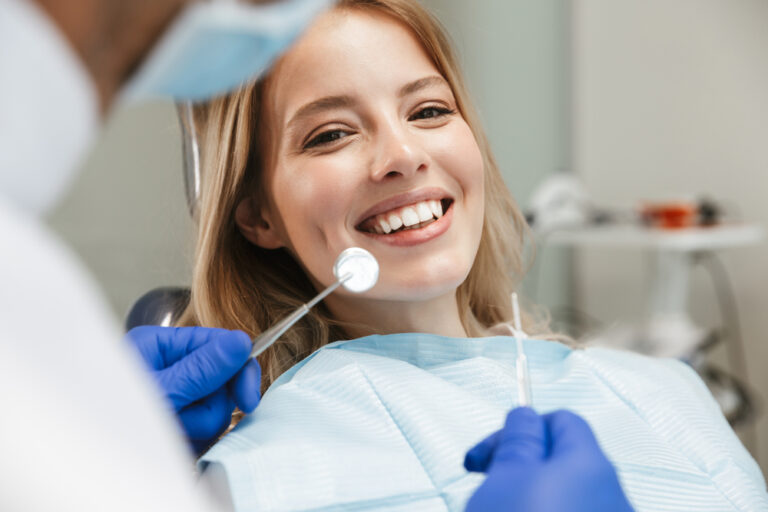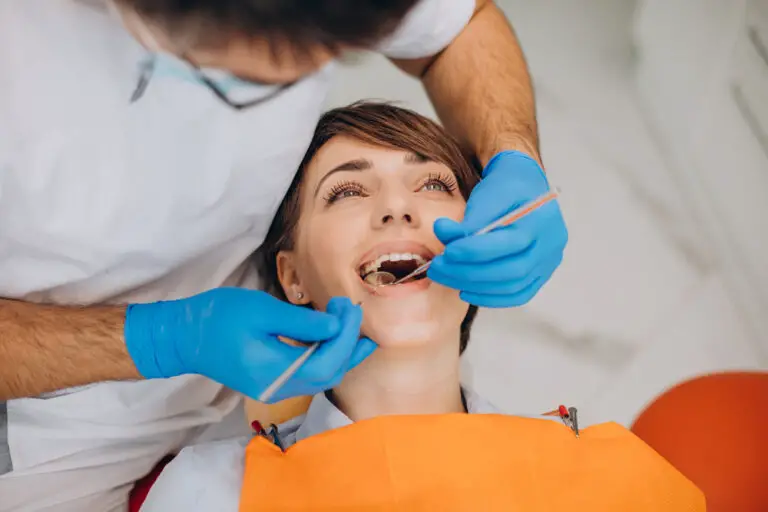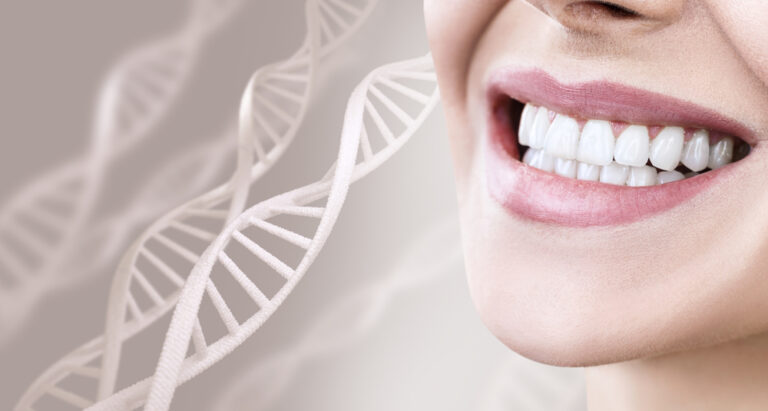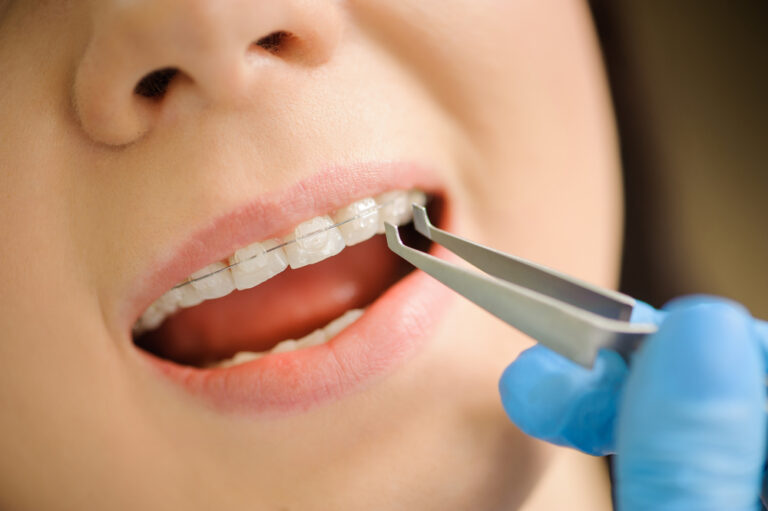Fluoride is a mineral that is commonly found in toothpaste and mouthwash. It is known to help prevent cavities and tooth decay, making it an essential component of good oral hygiene. However, have you ever wondered why you are advised not to eat or drink anything for a certain period after using fluoride toothpaste? In this article, we will explore the reasons behind this advice and provide some practical tips to help you maintain good oral health.
Understanding Fluoride Toothpaste
Fluoride toothpaste contains fluoride ions that help to remineralize the enamel on your teeth, making them stronger and more resistant to decay. When you brush your teeth with fluoride toothpaste, the fluoride ions are absorbed by your teeth and form a protective layer over them. However, this process takes time, and it is important to avoid eating or drinking anything immediately after brushing to allow the fluoride to work its magic.
Eating After Using Fluoride Toothpaste
The general advice is to wait at least 30 minutes after brushing your teeth with fluoride toothpaste before eating or drinking anything. This is because the fluoride needs time to bond with the enamel on your teeth, and eating or drinking anything too soon can wash it away. Additionally, hot or cold foods and drinks should be avoided for the first 24 hours after fluoride treatment to prevent gum tenderness.
Key Takeaways
- Fluoride toothpaste helps to remineralize the enamel on your teeth, making them stronger and more resistant to decay.
- It is important to wait at least 30 minutes after brushing your teeth with fluoride toothpaste before eating or drinking anything to allow the fluoride to bond with your teeth.
- Hot or cold foods and drinks should be avoided for the first 24 hours after fluoride treatment to prevent gum tenderness.
Understanding Fluoride Toothpaste
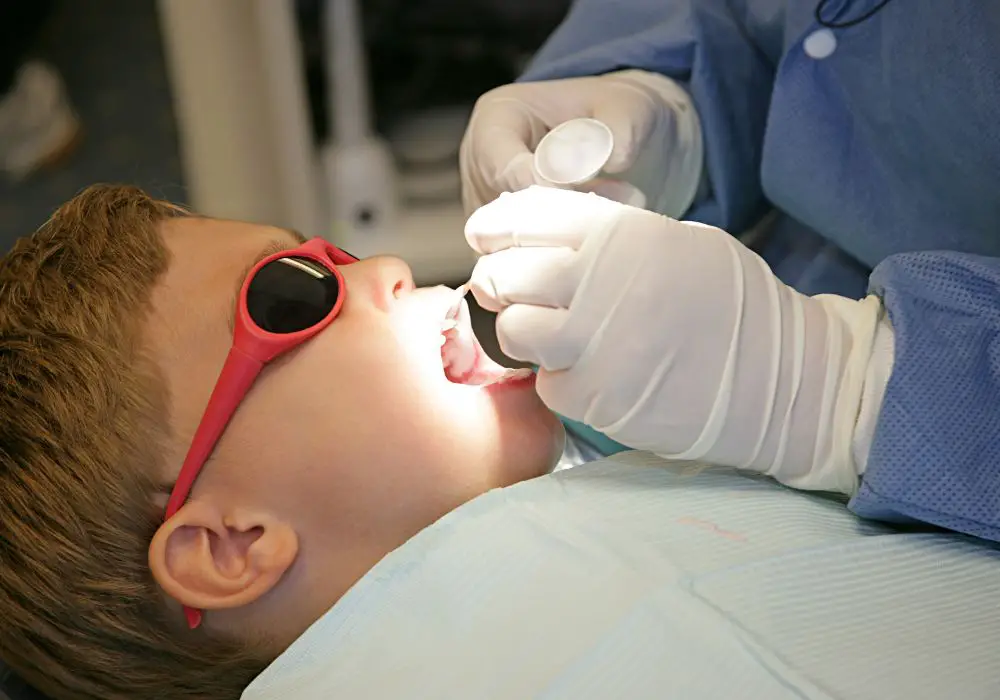
What is Fluoride Toothpaste?
Fluoride toothpaste is a type of toothpaste that contains fluoride, a natural mineral found in water, soil, and food. Fluoride is known for its ability to prevent tooth decay by strengthening tooth enamel and making it more resistant to acid attacks from bacteria in the mouth.
How Does Fluoride Toothpaste Work?
When you brush your teeth with fluoride toothpaste, the fluoride in the toothpaste mixes with saliva and coats your teeth. This helps to strengthen the enamel on your teeth and make them more resistant to decay. Fluoride toothpaste can also help to reverse early tooth decay by remineralizing the enamel.
It’s important to note that fluoride toothpaste should be used in conjunction with regular brushing and flossing habits, as well as regular dental check-ups. Brushing your teeth with fluoride toothpaste at least twice a day and flossing daily can help to remove plaque and bacteria from your teeth and prevent tooth decay.
In summary, fluoride toothpaste is a popular and effective way to prevent tooth decay and keep your teeth healthy. By understanding how fluoride toothpaste works and incorporating it into your daily oral hygiene routine, you can help to protect your teeth and maintain good oral health.
Eating After Using Fluoride Toothpaste
Why It’s Discouraged
It is generally recommended that you avoid eating or drinking for at least 30 minutes after using fluoride toothpaste. This is because fluoride is still active on your teeth and needs time to work its magic. Eating or drinking immediately after brushing can wash away the fluoride and reduce its effectiveness.
In addition to reducing the effectiveness of fluoride, eating immediately after brushing can also introduce food particles into your mouth, which can lead to tooth decay. This is especially true if you eat sugary or acidic foods, which can erode tooth enamel and lead to cavities.
Effects on Oral Health
Fluoride toothpaste is an important tool for maintaining good oral health. It helps to strengthen tooth enamel and prevent cavities. However, its effectiveness can be reduced if it is washed away too soon.
In addition to avoiding food and drink for at least 30 minutes after brushing, it is also important to brush your teeth properly. This means using the right amount of toothpaste (about a pea-sized amount), brushing for at least two minutes, and brushing all surfaces of your teeth.
Remember, fluoride toothpaste is just one part of a good oral hygiene routine. You should also floss regularly, visit your dentist for regular checkups, and eat a healthy diet that is low in sugar and acidic foods.
Overall, while it may be tempting to eat or drink immediately after brushing, it is best to wait at least 30 minutes to allow the fluoride to work its magic and protect your teeth.
The Science Behind the Advice
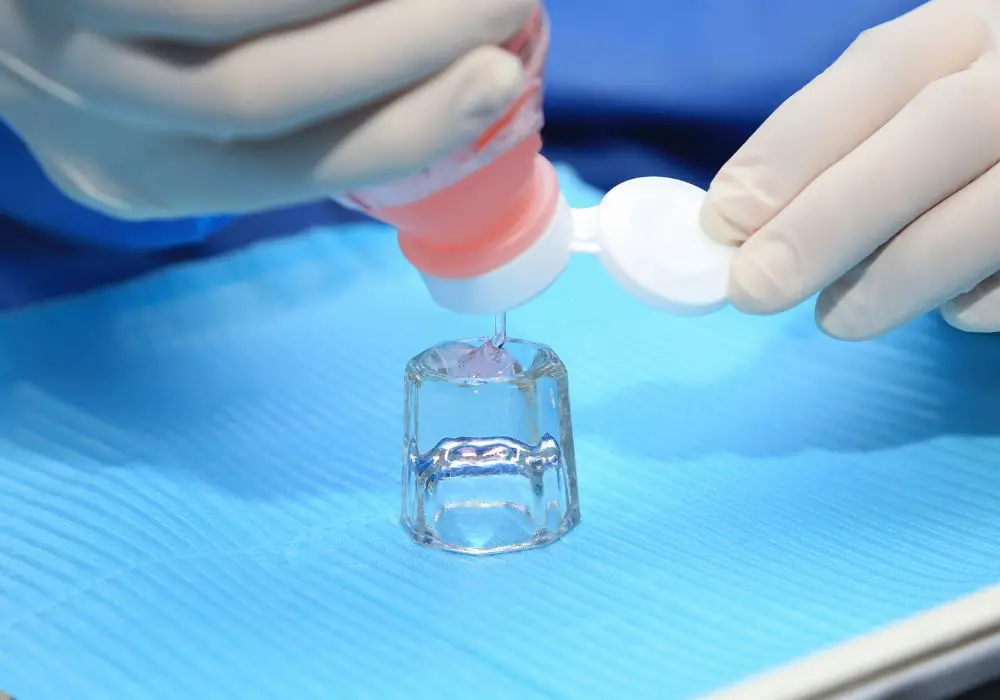
Fluoride Absorption
Fluoride is a mineral that is added to toothpaste and mouthwashes to help prevent tooth decay. When you brush your teeth with fluoride toothpaste, the fluoride is absorbed into your teeth, making them stronger and more resistant to decay. However, some of the fluoride in toothpaste can also be absorbed into your body through your mouth and digestive system.
The amount of fluoride that is absorbed into your body depends on a number of factors, including the amount of fluoride in the toothpaste, how long you leave the toothpaste in your mouth, and whether you swallow any of the toothpaste. In general, the amount of fluoride that is absorbed into your body from toothpaste is very small and is not considered harmful.
Interference with Digestion
Eating or drinking immediately after brushing your teeth with fluoride toothpaste can interfere with the absorption of fluoride into your teeth. This is because the food or drink can wash away the fluoride before it has a chance to be absorbed.
In addition, eating or drinking immediately after brushing your teeth can also interfere with digestion. This is because the enzymes in your saliva that help break down food are inhibited by the fluoride in toothpaste. If you eat or drink immediately after brushing your teeth, the fluoride in the toothpaste can inhibit the enzymes in your saliva, making it more difficult for your body to digest food.
To ensure that you get the maximum benefit from fluoride toothpaste, it is recommended that you wait at least 30 minutes after brushing your teeth before eating or drinking. This will give the fluoride in the toothpaste enough time to be absorbed into your teeth and will also allow your digestive enzymes to function properly.
Practical Tips
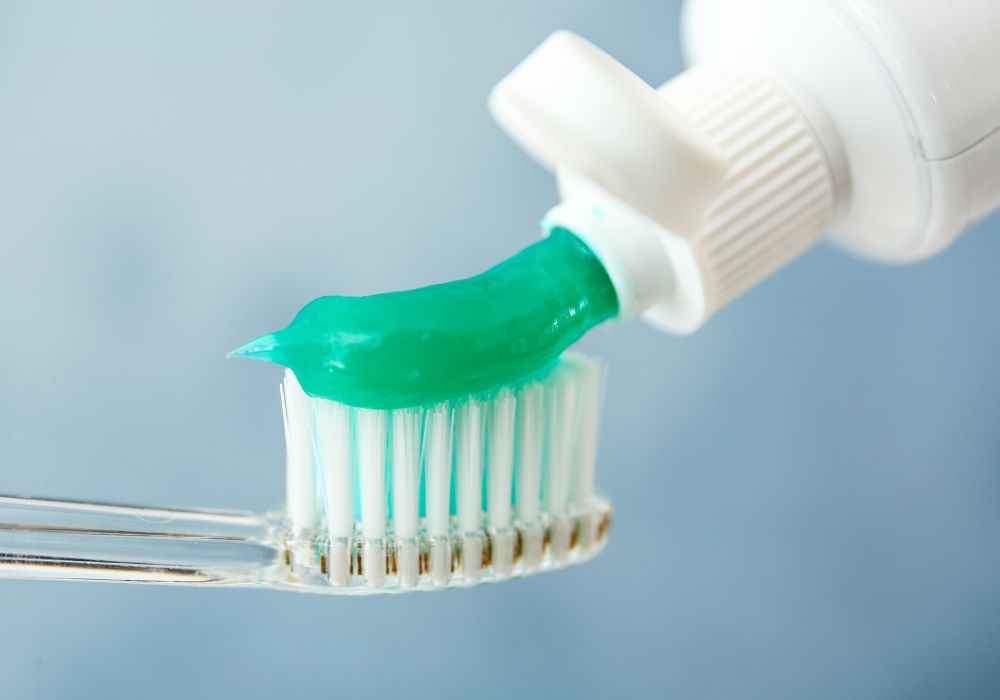
Best Practices
After using fluoride toothpaste, it is recommended to wait at least 30 minutes before eating or drinking. This allows the fluoride to be absorbed by your teeth and provides the best protection against tooth decay. Here are some additional tips to help you get the most out of your fluoride toothpaste:
- Use a pea-sized amount of toothpaste to brush your teeth.
- Brush your teeth for at least two minutes, twice a day.
- Spit out the toothpaste after brushing, but do not rinse your mouth with water immediately after. This allows the fluoride to remain on your teeth for longer.
- Wait at least 30 minutes before eating or drinking anything.
Exceptions to the Rule
In some cases, your dentist may recommend waiting longer than 30 minutes before eating or drinking after using fluoride toothpaste. This may be necessary if you have a high risk of tooth decay or if you have undergone a fluoride treatment at the dentist.
If you have any questions or concerns about using fluoride toothpaste, talk to your dentist. They can provide you with personalized recommendations based on your individual needs and oral health.
Frequently Asked Questions
How long should I wait to eat after fluoride treatment?
It is recommended to wait at least 30 minutes after fluoride treatment before eating or drinking anything. Some dentists suggest waiting for 4-6 hours before eating anything and skipping brushing until the next day.
Can I drink water immediately after fluoride treatment?
Yes, you can drink water immediately after fluoride treatment. In fact, drinking water can help rinse away any excess fluoride from your mouth.
Is it safe to chew gum after fluoride treatment?
It is not recommended to chew gum immediately after fluoride treatment as it can interfere with the fluoride’s effectiveness. It is best to wait for at least 30 minutes before chewing gum.
What should I do after fluoride treatment?
After fluoride treatment, it is recommended to avoid eating or drinking anything for at least 30 minutes. You should also avoid brushing your teeth for the rest of the day to allow the fluoride to fully penetrate your teeth.
Can I brush my teeth after fluoride treatment?
It is recommended to avoid brushing your teeth for the rest of the day after fluoride treatment to allow the fluoride to fully penetrate your teeth. However, you can resume your regular brushing routine the next day.
What happens if I eat immediately after fluoride treatment?
Eating immediately after fluoride treatment can interfere with the fluoride’s effectiveness and may reduce its benefits. It can also cause nausea, vomiting, and headaches. Therefore, it is recommended to wait at least 30 minutes before eating or drinking anything.

